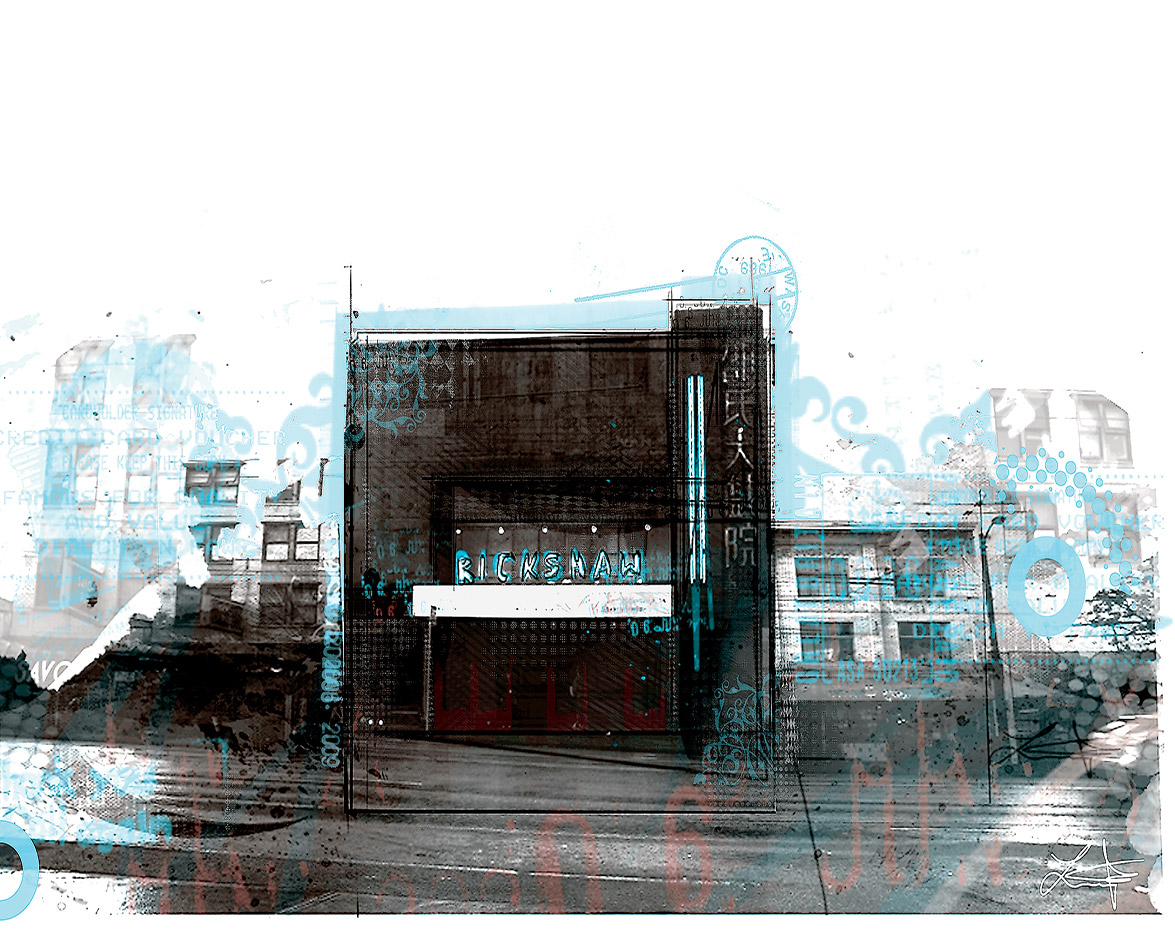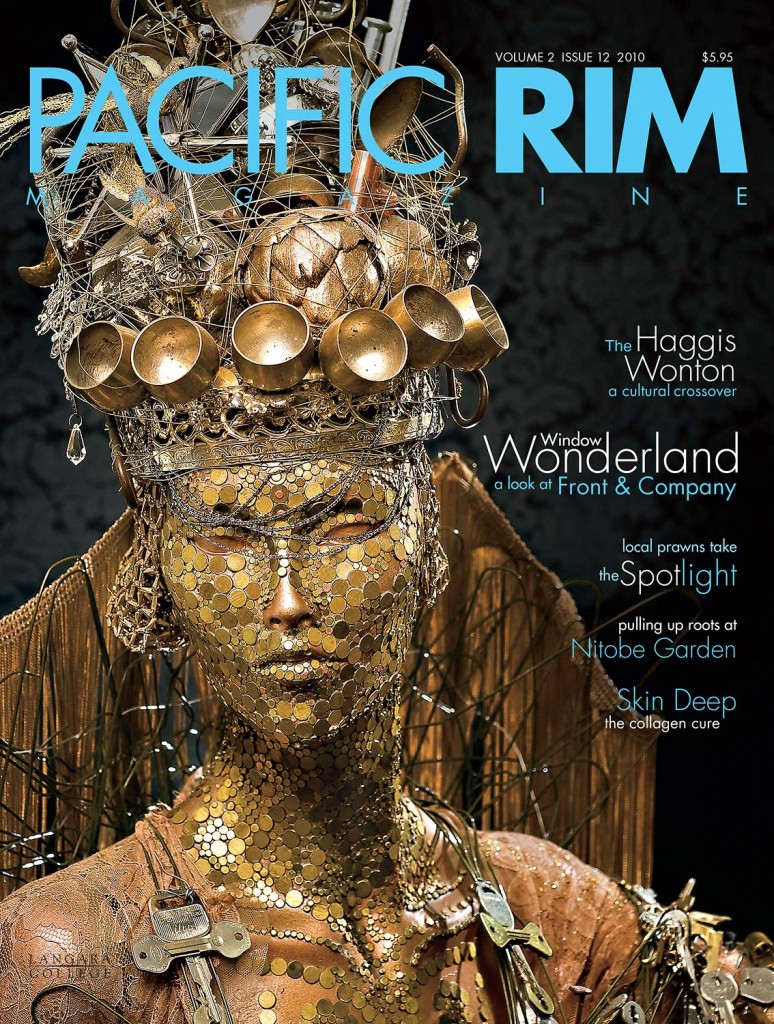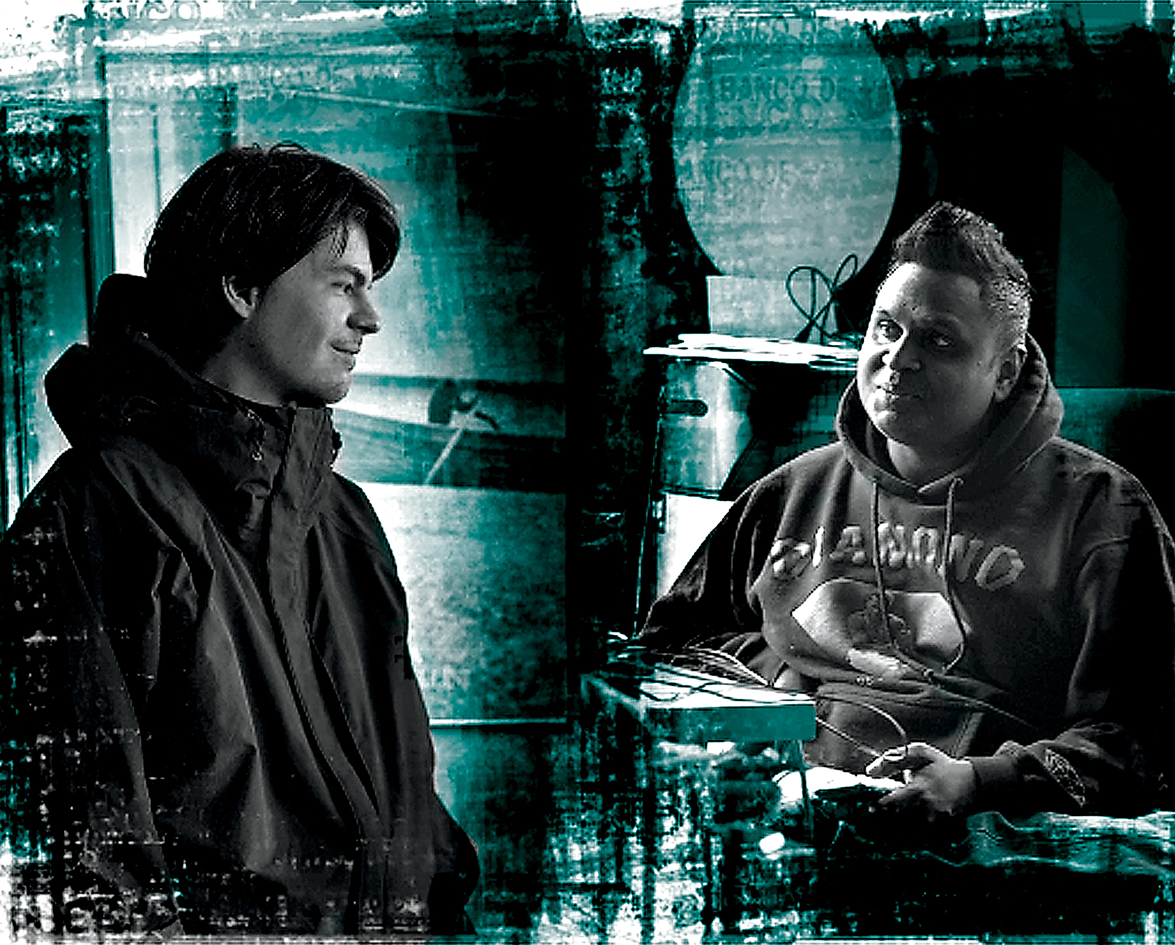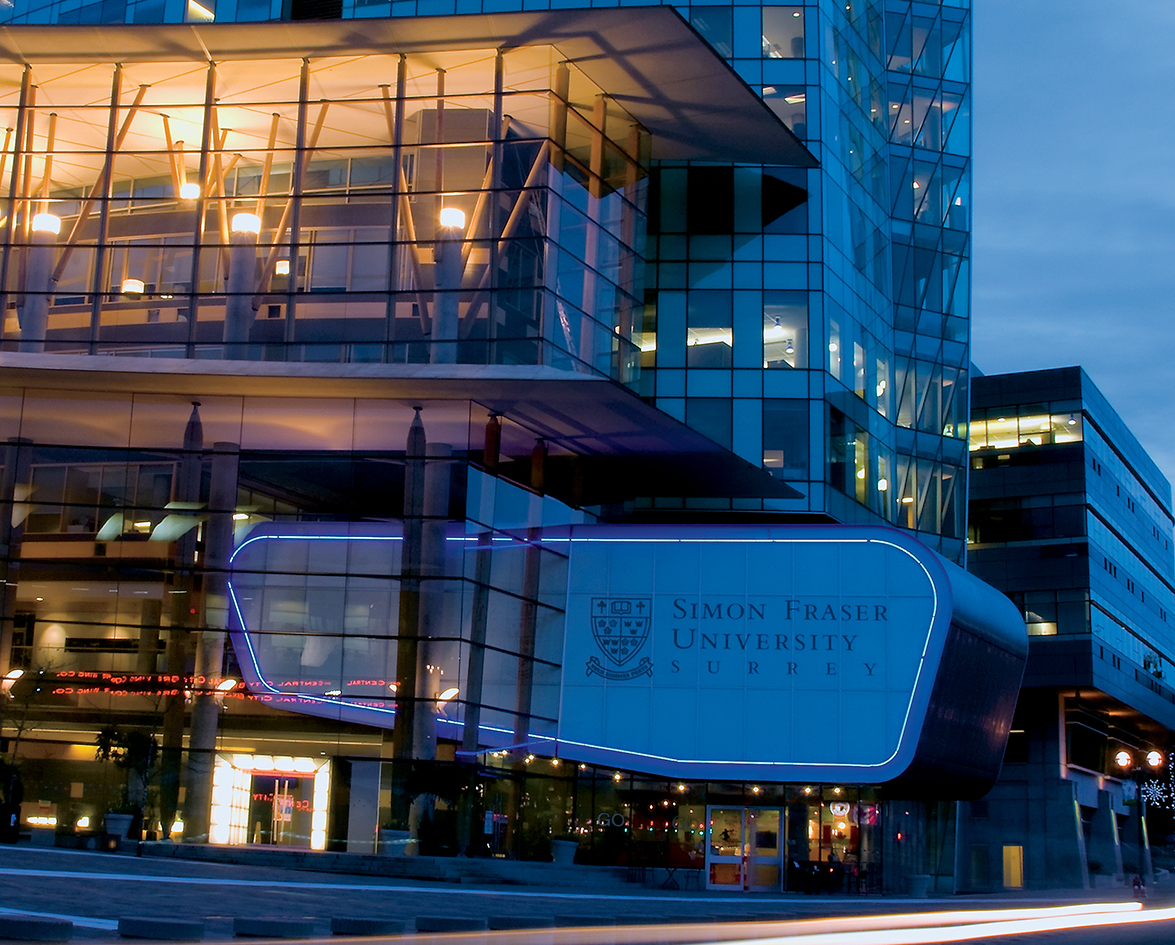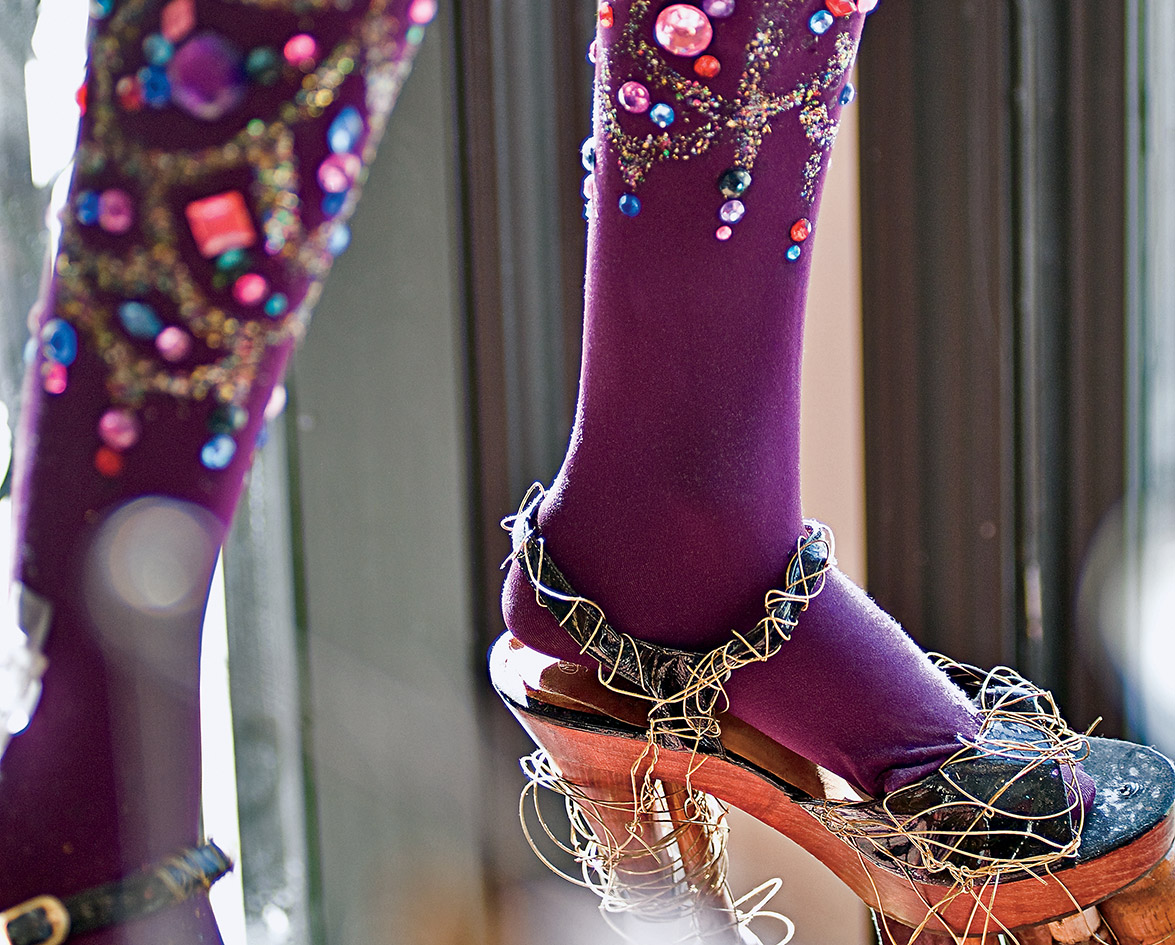Most people in Vancouver may not consider Main and Hastings a great place to go for a night out, but that may soon change. In June 2009 the Rickshaw Theatre, on the fringe of Chinatown, opened its doors to the public, offering Vancouver a new alternative live-music venue. Sally White from Pacific Rim Magazine sat down with David Duprey to discuss how the theatre came to be and his views on the Vancouver art scene.
Q: So tell me about how this project got started?
A: What I started doing about four years ago was taking over empty buildings and fixing them up into artists’ spaces. I did that with the Narrow Lounge, the Grace Gallery and 165 East Hastings (now the Plank Gallery). In the process of doing that, I found the Rickshaw. I thought it was a warehouse, but I asked some people in the community what the deal was with it and someone was able to introduce me to the guy who ran it. We negotiated the lease, which took me forever, and then built the stage and everything you see in there, and got all the lights from Richard’s on Richards.
Q: I’m glad to hear they ended up somewhere! So it was a theatre before you took it over?
A: It was a Hong Kong action theatre. It closed in 1984, and then there was a guy living there who put on some raves in the 90s.
Q: He was living there? Did he own it?
A: Not by the time I got there, but he was for a while. The Shaw Brothers own it, which is really cool. They used to make all these Hong Kong action movies that you and I would have never heard of and built theatres all over North America. They’ve got tons of real-estate holdings and they’d basically forgotten about this place. Which is why when I made them an offer they just took it, ’cause it was making nothing and then it was making something.
Q: I just can’t believe a space like that would sit there completely abandoned for so long.
A: It’s pretty amazing, isn’t it? I have a space at 108 East Hastings that was a department store that closed 16 years ago: 18,000 sq. ft., just sitting around. There are a lot of buildings like that down here. What does someone need 18,000 sq. ft. for on Hastings Street? There’s nothing you can do with it except for what I did.
Q: You have a great selection of independent acts and smaller artists at the Rickshaw. How do you decide who to bring in?
A: In San Francisco, where I was for ten years, the alternative community was the norm and I think that that’s the way the world should be. Normal people have enough opportunities here. I’ve had a bunch of people who want studio space or storage space who’ve come to me and had plenty of money; they just want it cheaper, so I told them no, because they don’t need my help, that’s how I look at it. I love live-music venues so that’s what I wanted to open. And you know, you make a lot more money booking DJs, but you can make enough doing what I’m doing. There’s no need to be greedy.
Q: An excellent attitude. So what is your background? Where did you come from?
A: I grew up here in Vancouver; I dropped out of Emily Carr in 1987 and moved to London, then to San Francisco where I was an editorial photographer for ten years. I did that and then I had a kid and moved up here.
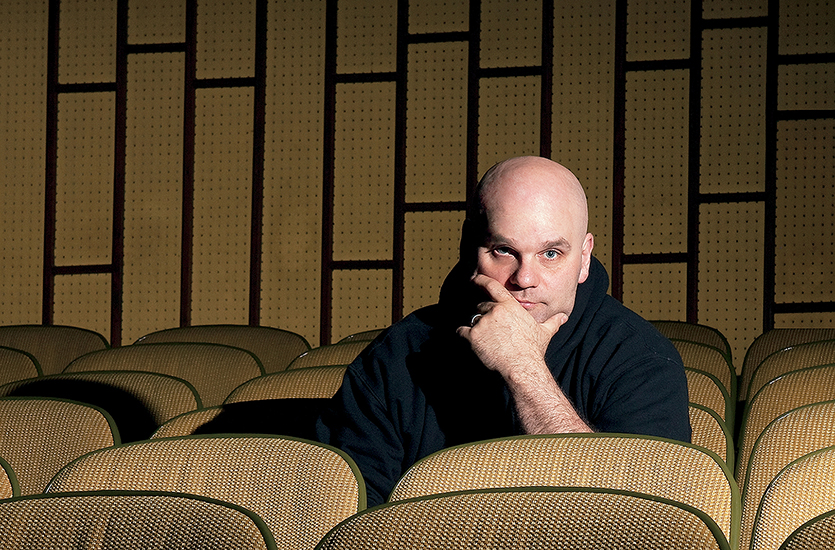
Q: So where do you see this going? What’s on the horizon?
A: Well, we’re going to book more shows and do more shows, then I’m hoping I can make enough money to buy it so that we can be permanent. It would be really nice to purchase the building. We do video shoots and stuff like that during the day too, and I rent it out as rehearsal space. What I did with the Rickshaw, it’s not rocket science, right? Finding an empty building, fixing it up and renting it out, people do that all over the world. But Vancouverites have this real hesitation towards being entrepreneurial, especially the artists in this town. Artists need to empower themselves and say‚”I am going to go out and make money; I’m going to be a businessperson. I’m not going to use this lame excuse that I’m an artist so I don’t have the ability to do this, so somebody else has to subsidize me.” The next generation I’m seeing, a lot of people that work for me, I hope that they can pull up their bootstraps and do something more.
Vancouver is by far one of the most expensive cities in which to rent creative space. By making unused space available and affordable to artists, David Duprey is facilitating change that may open our eyes to a new Vancouver.





